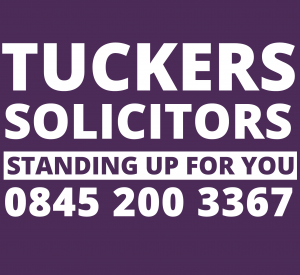What happens if I am a witness to an incident?

You might be called to court to give evidence at the defendant’s trial if you provide a witness statement for the prosecution or defence after the incident.
The Witness Service provide practical and emotional help or assistance for any witnesses who are attending court. They can tell you about the court process, show you the courtroom before the trial and help with any expenses you may wish to claim back.
The Crown Prosecution Service witness support unit will be in contact with any prosecution witnesses and will provide further contact details for witness support. If you are a defence witness, the defendant’s solicitor can provide you with support and any contact details for the local witness service.
When you arrive at court, you have the option to wait in a separate witness room rather than the general waiting area, where the prosecution or defence lawyer will speak to you prior to the trial.
There is only so much that they lawyer will be able to help you with. They can tell you about trial procedure, demonstrate the layout of the court and the roles of those involved. They are not able to give you hints or tell you what and what not to say. The rules for training witnesses are very strict, as this could badly effect your evidence.
You will be able to read a copy of your statement before the trial starts. However you aren’t usually allowed to have it in the courtroom with you when you give evidence. If the rules of evidence allow this, you might be able to refer back to your statement during the process if you need to refresh your memory.
If there are other witnesses, you are not allowed to communicate or speak with anyone who has given evidence before you have. If you are a defence witness, you are not to discuss anything about the trial with the defendant once the trial hearing has begun.
Before you give your evidence, any evidence that has already been given is not to be discussed by the prosecution or defence lawyers.
When it is time for you to go into the court room, you will be asked to swear on a holy book or affirm that you will tell the truth. If you are a prosecution witness, the prosecutor will firstly start to ask you questions followed by the defendant’s representative, or vice versa if you are a defence witness. Defendants are not always represented. If this is the case, you might be asked questions by a court appointed lawyer in his place if it is inappropriate for him to directly ask you questions.
You are free to go once you have finished giving your evidence, or you have the option to stay in the public gallery and watch the remainder of the trial.
If you think it is appropriate to take further “special measures” such as giving evidence from remote video link, you should get in touch with the prosecution, defence solicitor or appropriate court.
A witness summons can be issued if the court is aware that you do not wish to attend. This is something that you should speak to a solicitor about. It is vital that you attend in answer to a witness summons – if not, you might be arrested and brought into court.
How Tuckers Solicitors can help you…
To discuss anything to do with being a witness or witness summons, please contact us on 020 7388 8333 or email info@tuckerssolicitors.com and we will gladly assist.
Our offices are open 24 hours a day, 7 days a week, ready to deliver immediate and expert legal advice and representation.